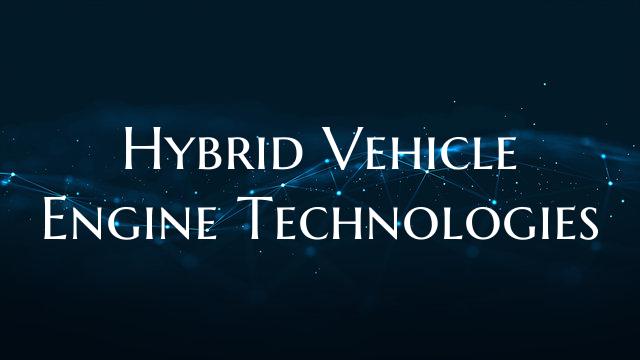Hybrid Vehicle Engine Technologies
In the quest for more sustainable transportation options, hybrid vehicles have emerged as a promising solution that combines the benefits of traditional internal combustion engines with electric power. These advanced vehicles integrate innovative engine technologies to enhance efficiency, reduce emissions, and lower overall fuel consumption.
One of the most common types of hybrid vehicle engines is the parallel hybrid system, which uses both a gasoline engine and an electric motor to drive the vehicle. This setup allows for seamless transitions between the two power sources, optimizing performance based on driving conditions. Regenerative braking is a key feature of hybrid engines, where energy normally lost during braking is captured and used to recharge the vehicle's battery, increasing overall efficiency.
Another innovative engine technology found in hybrid vehicles is the start-stop system, which automatically shuts off the engine when the vehicle comes to a stop and restarts it when the driver accelerates. This simple yet effective feature helps reduce fuel consumption and emissions, especially in city driving conditions with frequent stops and starts.
Furthermore, some hybrid vehicles use advanced technologies like cylinder deactivation, which allows the engine to operate on fewer cylinders when full power is not needed. By intelligently managing power output, hybrid engines can further improve efficiency without compromising performance.
Additionally, plug-in hybrid vehicles offer an extended electric driving range by allowing users to charge the battery from an external power source. This feature leverages advancements in battery technology to enhance the overall efficiency of the vehicle, reducing reliance on gasoline and lowering operating costs.
In conclusion, hybrid vehicle engine technologies represent a significant leap forward in the automotive industry, offering a greener and more sustainable alternative to traditional gasoline-powered vehicles. By integrating innovative features such as regenerative braking, start-stop systems, cylinder deactivation, and plug-in capabilities, hybrid engines are paving the way for a cleaner and more efficient transportation future.

